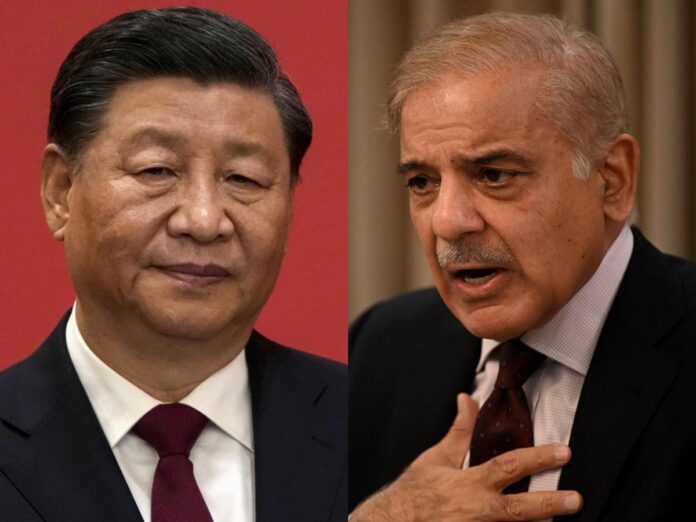Pakistan has been struggling with economic crisis for the last few years. Pakistan's problems are not showing signs of decreasing, sometimes appealing to China and sometimes to Saudi Arabia for help. Now, before giving help, the International Monetary Fund (IMF) has put a condition before Pakistan which its dear friend China will not like at all. The IMF has asked Pakistan to stop the expansion of any industrial zones that provide incentives for investment. This could deal a blow to Pakistan's efforts to attract more sugar industries to the country.
The US-based IMF said in its report released on October 10 that authorities will refrain from providing incentives such as tax breaks and subsidies to any new or existing special economic zones. The report said that this will help in providing a level playing field for investment. This condition of IMF has come at a time when Prime Minister Shehbaz Sharif is trying to convince Chinese companies to set up more and more industries in Pakistan. This could also give new impetus to projects under his Belt and Road Initiative.
Pakistan burdened with debt
It is noteworthy that Pakistan had planned to create at least nine special economic zones under the China-Pakistan Economic Corridor project which are in the process. According to Nathan Porter, IMF mission chief for Pakistan, the IMF asked Pakistan to attract investments without reducing the country's tax base and provide a level playing field to businesses. At the same time, China has built major infrastructure and energy projects in Pakistan to further its major economic corridor project, which has helped the country but has burdened the country with huge debt.
Efforts to woo Chinese industries
Pakistan authorities are working to invite about 100 major Chinese industries to invest in textile parks after taking a $7 billion loan from the IMF. The Sharif government is trying to woo investors by offering several tax incentives to businesses set up in such industrial zones, including exemption from paying taxes and customs duties on imported goods.

